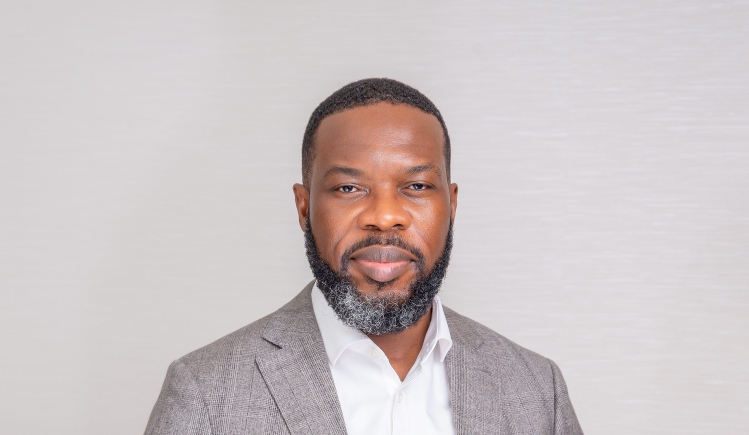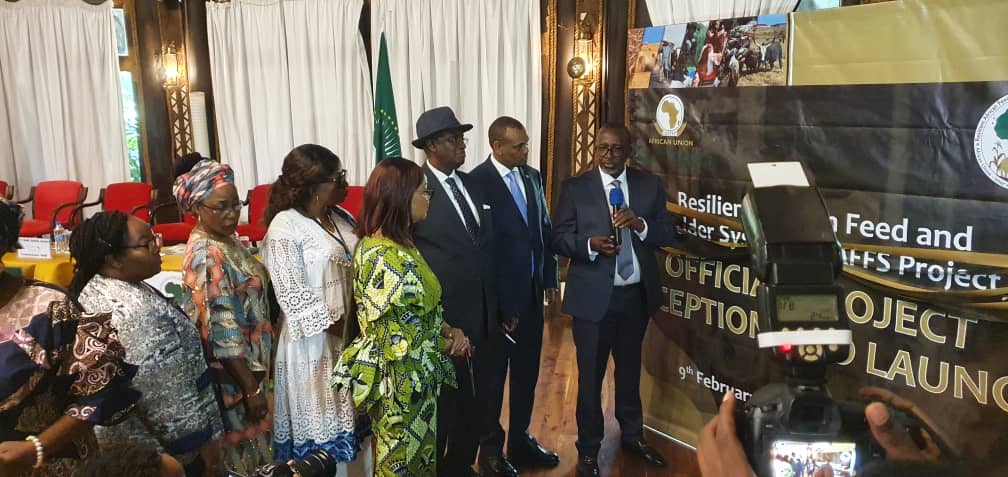By George Asamani
The US has slashed development assistance to Africa, dealing a major blow to the continent’s infrastructure ambitions.
According to the Centre for Global Development, the African Development Fund (ADF)—a key source of concessional financing—could see a 37% drop in donor contributions, with the US potentially pulling out entirely.
This follows Washington’s March withdrawal from the Just Energy Transition Partnership, which had promised over $1.5 billion in energy transition funding.
The cuts could stall critical projects, widen development gaps, and sacrifice years of economic growth—even if temporary.
But if they signal a long-term withdrawal, African nations must act fast to secure their futures.
The Urgent Need for Fiscal Discipline
With traditional funding shrinking, African governments must rely more on national budgets to finance infrastructure. Yet many already struggle with high debt and inefficient spending.
Globally, poor project performance wastes 10% of infrastructure investments—a crippling loss in a sector projected to hit $17 trillion this year. In Africa, where budgets are tight, improving execution isn’t optional—it’s survival.
Why Project Management Must Become a Priority
The solution? Professionalizing project delivery. Even a 10% efficiency gain could free up billions for education, healthcare, and other vital sectors—without raising taxes or debt.
Stronger project management also builds public trust, attracts investors, and creates jobs—critical for Africa’s booming youth population.
But challenges remain: skills gaps, institutional weaknesses, and high public-sector turnover demand long-term investment in training.
Governments must embed qualified project professionals in key ministries and treat execution as a core economic strategy.
Reforms won’t happen overnight, but delay is not an option. Multilateral lenders like the ADF should tie funding to strict project management standards, ensuring money isn’t wasted.
African leaders, meanwhile, must prioritize competence over politics—because in today’s funding drought, every failed project steals from future generations.
The message is clear: Africa’s infrastructure future can’t depend on donors. It hinges on disciplined, results-driven leadership. The time to act is now.
By George Asamani, Managing Director, Project Management Institute, Sub-Saharan Africa







